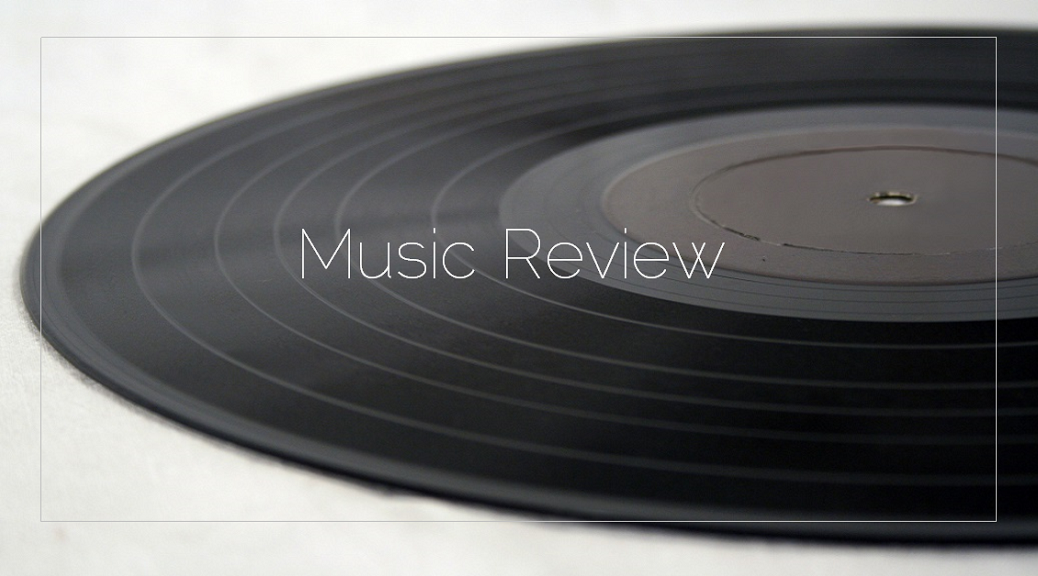“Liberator”—that’s what the album’s title, Eleutherios, means in Greek. I’m not quite sure what Nic Nassuet had in mind with this title, but it could be that he is trying to both liberate himself from the restraints imposed by today’s music standards, while at the same time free himself from various demons and ghosts that seem to haunt most of the 10 tracks on Eleutherios, which was released late last month. It comes as no surprise then, that trying to place this album in a category becomes somewhat of a futile attempt at tidiness. It’s a little bit of gothic rock and folk, has strong accents of acoustic music with clear whiffs of traditional Celtic elements, and goes into operatic rock territory at times.
While it sometimes feels that Hollywood, California’s Nassuet is trying and failing to go full on gothic with his music, it gives the tracks a certain real edge in that most people are licked constantly by despair rather than immersed in its dark, raging depths. Through the use of rather poetic and simple, yet meticulously built soundscapes, Nassuet walks listeners through the darkness without leaving them to drown. Nassuet (guitar, vocals) and Catrina Grimm (backing vocals) are the only permanent members of this artistic endeavour, which is helped by the likes of Josh Riccio (percussion, background vocals, and effects) and William Stewart (violin, bass, viola, and cello).
There seems to be three major categories of songs on this release. The first is composed of acoustic guitar-led tracks. “Cross and Crown” and “Goodnight, Goodbye” also feature vocals echoing as if in a big empty space, giving them a certain sense of grandeur and depth. “Goodnight, Goodbye” has short bursts of a choir doing backing vocals that add a bit of an auditory tingle to the listening experience. Its overall feel is that of a dark lullaby that would fit nicely on any angst-filled television series. The mid-tempo “When It Falls” brings in quite a few instruments—violin, cello, bass, and guitar—yet manages to remain, interestingly enough, quite sparse. Anthemic at certain moments, it captures a little bit of the 1990s grunge spirit.
The second category could be defined as simply layered rocks songs. “Down” features the contrasting, yet complementary sounds of delicate strings and Nassuet’s harsh and almost defiant vocals. The plucked guitar notes that open “Black Dress” bring to mind a red flamenco dress, an impression very quickly rectified by Nassuet’s harsh vocals and the familiar rock melody that kicks in. An almost shy violin highlights the song throughout but still leaves it a little too bare at times, which could have been avoided with just a single extra layer—some drums, for example.
The third category of tracks are operatic rock style ballads. “Immured” opens with strings, giving it a certain sense of grandeur while the guitar strumming brings the tune back down to the ground. Similarly, Catrina Grimm’s almost dainty vocals, which blend with the delicately played strings, contrast with Nassuet’s harsher, angst-ridden vocals that complement the guitar-driven melody. “The Nothing” is more of the same—string opening, guitar strummed, vocals echoing as if in a big empty space—while the subdued vocals in “The Giver” make it a little different from the other songs in this category.
Nassuet’s Eleutherios features solid instrumentation, interesting melodies, and a unique mixture of sounds and styles. The album is not for everyone and might seem like a tease to some, as it touches upon numerous genres without making a commitment to any of them. More information can be found on his official website, and a selection of songs is available for streaming on Bandcamp.


[…] Source: Music Review: Nic Nassuet – ‘Eleutherios’ – Sahar’s Blog […]